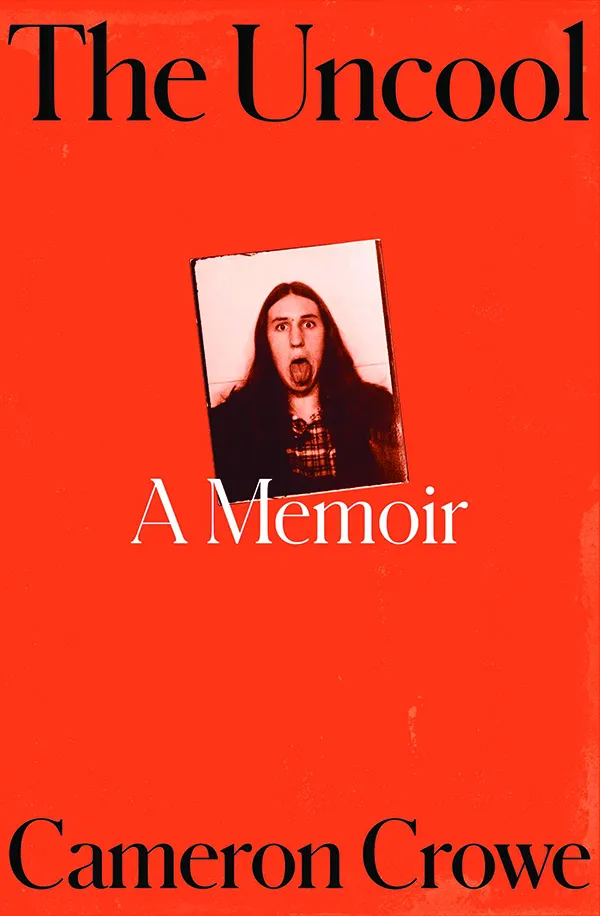“Don’t take drugs!” The urgent plea, delivered by Frances McDormand inAlmost Famous, resonated with a particular weight for one writer – a weight born from growing up steeped in the “Just Say No” era of the early 90s. It was a parental expectation, a protective instinct, perfectly captured in a film celebrating its 25th anniversary, and rooted in the real experiences of writer-director Cameron Crowe.
Crowe didn’t just write a story; he excavated his own past, drawing from his teenage years as a Rolling Stone correspondent. But his genius lay in honoring both sides of the equation: the yearning for independence, the pull of the “real world,” and the anxieties of a mother desperate to shield her son. This duality is the heart ofAlmost Famous’s enduring appeal.
Remarkably, Crowe navigated the world of sex, drugs, and rock and roll with an uncommon integrity. He possessed a rare dual perspective, a sensibility modeled after James L. Brooks – the master of creating characters you couldn’t help but root for. Brooks’ influence allowed Crowe to debut with the strikingSay Anythingand achieve commercial success withJerry Maguire, but more importantly, gifted him with an unparalleled ability to craft genuinely likable people.

The rock stars inAlmost Famousweren’t saints. They were flawed, self-absorbed, and often oblivious to the feelings of those around them. Yet, they weren’t irredeemable. Crowe imbued them with a glimmer of hope, a possibility for redemption. As William’s mother pointedly tells Russell Hammond, the band’s frontman, “There’s hope for you yet, Russell.”
Similarly, the mother character, often portrayed as a nagging presence in other films, is rendered with genuine empathy. We feel her heartache as she sits alone during her son’s graduation, and her desperate fear as she cries out, “Rock stars have kidnapped my son!” But even in her anger, there’s a tenderness, a signature Crowe touch he called “happy/sad” – a blend of joy and melancholy.
This delicate balance is further explored in Crowe’s new memoir,The Uncool. The book reveals that much of what appeared on screen inAlmost Famouswasn’t fiction, but a transcription of real life. Dialogue, moments, even the book’s title itself – uttered by the legendary Lester Bangs – originated from actual conversations and experiences.

Crowe’s career, as journalist, filmmaker, and now memoirist, is a testament to “studied uncoolness.” He prioritized modesty, self-deprecation, sincere admiration for his mentors, and a deep affection for those who shaped him, especially his mother. He had a gift for finding the lovable in everyone.
He approached his subjects with reverence, softening their rough edges not through sentimentality, but through a belief in the power of human connection. He showed how even a harsh word from a mother could be received with respect, and how a simple act of intervention could save a life. He rallied nearly everyone to William’s side, believing in the potential for positive influence.
Even those who initially dismissed Crowe’s vision as nostalgic wish-fulfillment were proven wrong. He was a rare figure – a pop culture icon who embraced peppiness and authenticity. He wasn’t afraid to show the messy, complicated reality of life, and to find the beauty within it.
At its core,The Uncoolis a love letter to Crowe’s mother, whose unwavering support and influence permeated his work. He preserved every note, every fax, every email – a tangible reminder of her presence. Her spirit lived on, even after her death, woven into the fabric of his musical adaptation ofAlmost Famous.
For one writer,Almost Famousarrived at a pivotal moment, mirroring his own aspirations and anxieties. Like William, he dreamed of a writing career, of capturing a world that felt distant, and of navigating the delicate balance between ambition and integrity. The film offered a powerful message: it was possible to pursue big dreams while remaining true to oneself.
The Uncoolreaffirms that message. Cameron Crowe loved good music, but he loved his mother more. It’s a story of decency, of unwavering affection, and of finding the extraordinary in the ordinary – a testament to a life lived with sincerity and grace.





